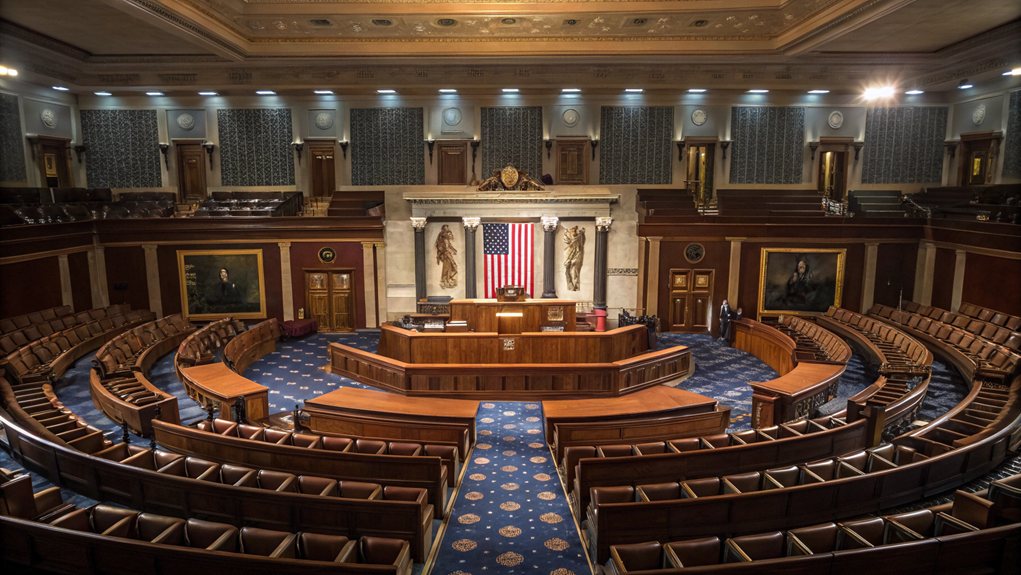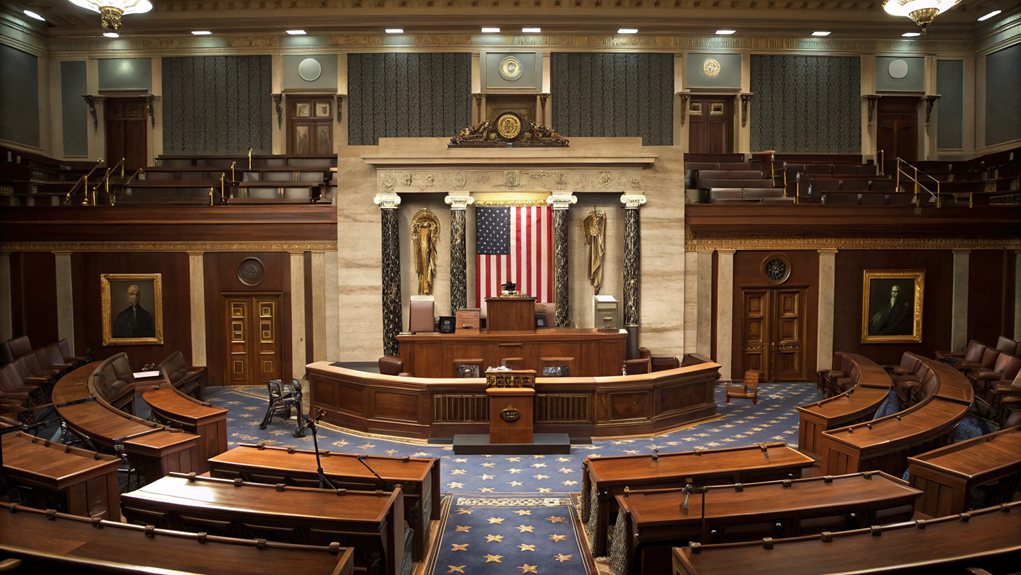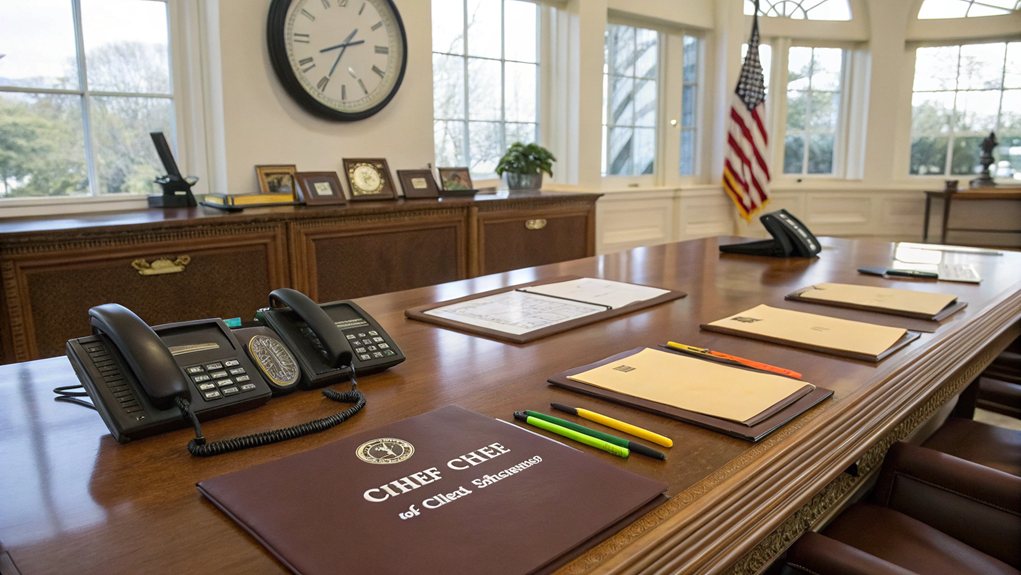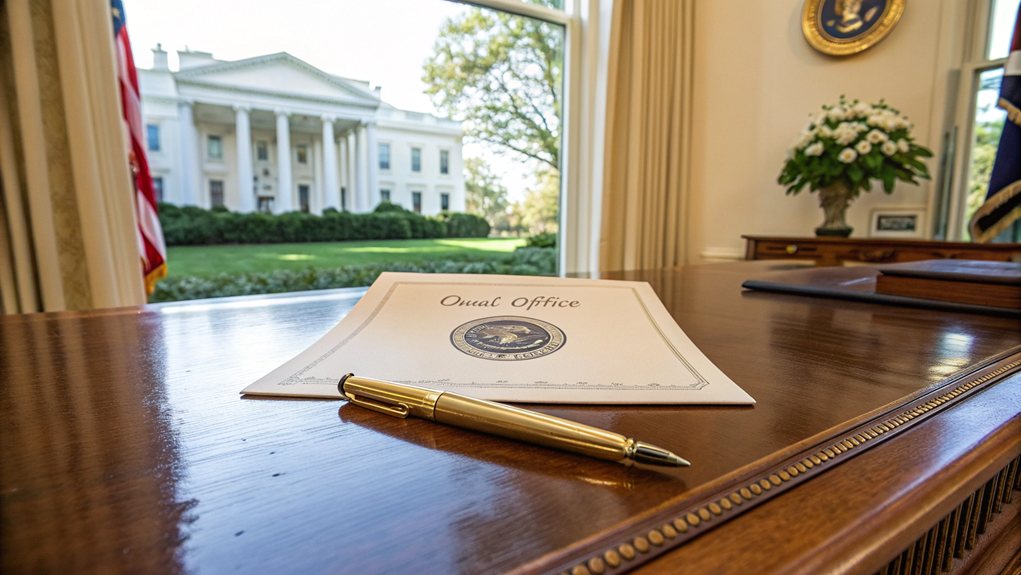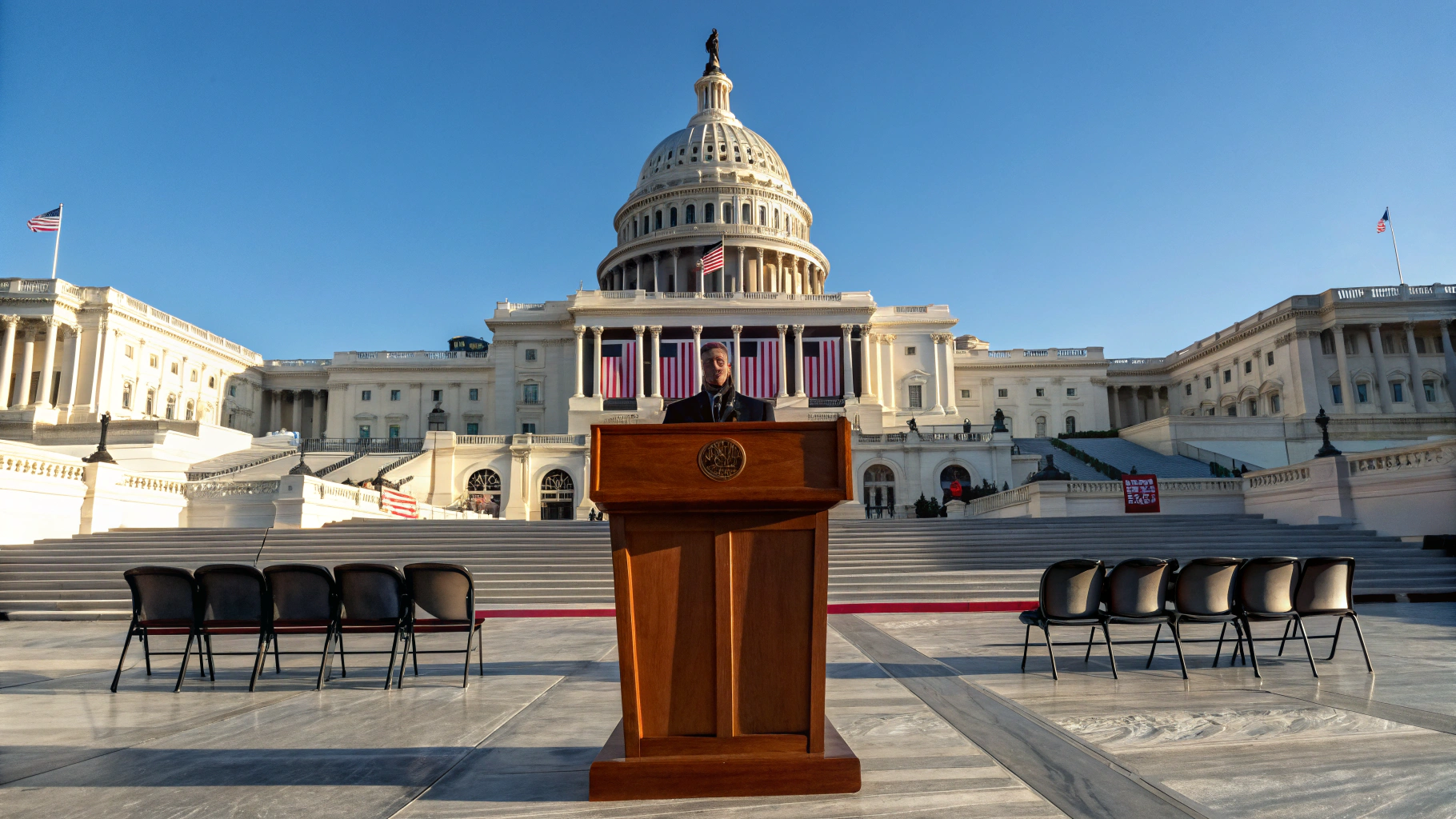To be President of the U.S., you've got to check a few boxes. First off, you need to be at least 35 years old. Natural-born citizen? Absolutely. And don't forget, you must have spent the last 14 years living in the good ol' U.S. of A. No exceptions for globe trotters. It's a bit like an exclusive club, but hey, there's more to the story. Stick around for the fine print on what it takes!
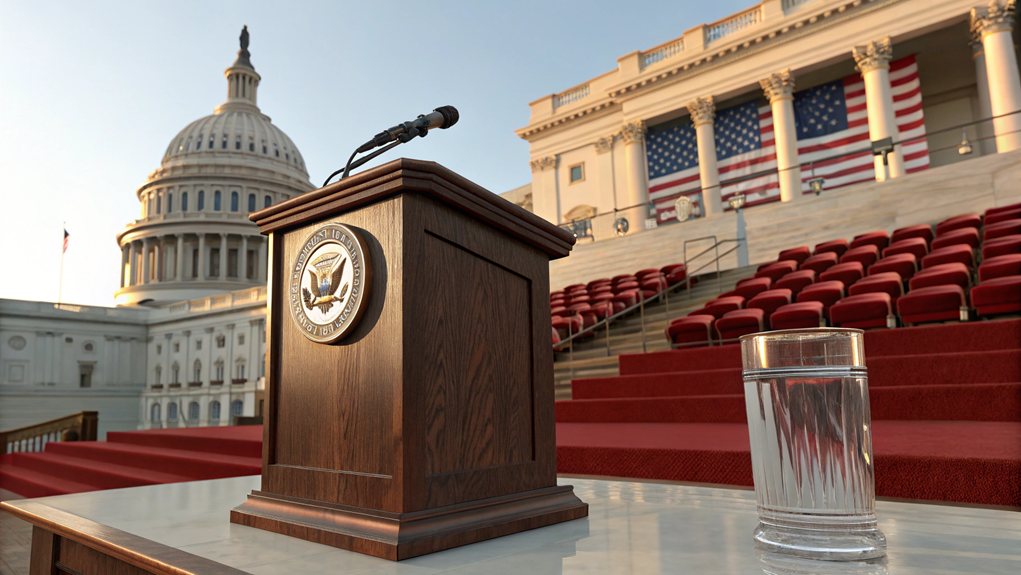
Becoming President of the United States isn't just a walk in the park. It's a gauntlet of rules and expectations.
First off, you need to hit a few basic qualifications. You must be at least 35 years old. Yes, you read that right. Age matters. You also have to be a natural-born citizen of the U.S. No exceptions there, folks. And if you've spent the last 14 years living abroad, tough luck. That's a hard no. Additionally, you must have lived in the U.S. for at least 14 years to ensure you understand the country's values. These constitutional requirements are designed to ensure candidates have a strong allegiance to the U.S.
Now, let's talk limits. Thanks to the 22nd Amendment, you can only serve two terms. So, if you think you can snag a lifelong gig, think again. The 25th Amendment outlines the presidential succession process. If something goes haywire, there's a plan.
But it's not just about the formal requirements. There's a whole heap of informal expectations piled on top. Americans generally expect their president to be well-educated. A college degree is often the bare minimum. Leadership skills? Absolutely essential! Integrity? You better believe it. Voters want a candidate who exudes trustworthiness and wisdom. And let's not forget political experience; it's usually a must. A polished public image? Don't even think about running without one.
Historically, these rules were crafted to dodge foreign influence. The founding fathers were pretty serious about that. The age requirement? It's all about maturity. Nobody wants a teenager in the Oval Office, right?
Then there's the electoral process. Campaigning across the country is a must. You're not just sitting behind a desk; you need to win hearts and minds. The Electoral College decides your fate, requiring at least 270 votes. You might get lucky, but it's a real game.
In the end, the role is demanding. Head of state, crisis manager, and symbol of unity. It's a tough gig, but someone's got to do it. And it could be you—if you meet the qualifications.
Frequently Asked Questions
Can a Naturalized Citizen Run for President?
Nope, a naturalized citizen can't run for president.
It's written in the Constitution. They need to be a natural-born citizen.
So, if you didn't pop out on U.S. soil, sorry, but you're out of luck.
The whole idea is about loyalty to the country.
Sure, it seems a bit old-fashioned, but that's how it is.
Changing this rule? Good luck with that; it's not happening anytime soon.
What Is the Age Requirement to Become President?
To be president, you need to be at least 35 years old. Yep, that's the rule.
It's in the Constitution, and the Founding Fathers thought it was pretty important. They wanted someone with a bit of life experience, not a teenager fresh out of high school.
Mature judgment, they said. So, if you're planning to run for president, you better have a few decades under your belt.
No exceptions.
Are There Term Limits for the U.S. President?
Yes, there are term limits for the U.S. president. Thanks to the Twenty-second Amendment, no one can hog the office for more than two elected terms.
It's like a rule to keep power from getting too cozy in one seat. The amendment came about after FDR's four terms—talk about overkill!
Do Presidential Candidates Need a College Degree?
Nope, presidential candidates don't need a college degree. Crazy, right?
While many folks expect a diploma, it's not a requirement at all. The Constitution is pretty chill about that. It's all about age, citizenship, and residency.
So, whether they have a fancy degree or just a high school diploma, it doesn't matter. Just imagine a president who didn't even finish college. Wild!
But hey, they've gotta win those electoral votes.
Can Someone Born Outside the U.S. Be President?
So, can someone born outside the U.S. be president? Not really, unless they meet the "natural born citizen" clause.
This means they need to pop out of an American womb, or at least be born to American parents abroad. Confusing? You bet!
Some folks have tried to challenge this, but it's a tangled mess. History shows candidates like John McCain stirred up debates, but typically, it's a hard pass for non-native arrivals.

